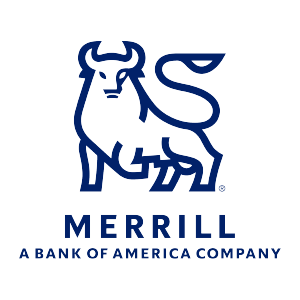 The federal jury in the Enron-related criminal case known as the Nigerian Barge case acquitted a former Enron accountant today and found her five co-defendants guilty of wire fraud and conspiracy charges.
The federal jury in the Enron-related criminal case known as the Nigerian Barge case acquitted a former Enron accountant today and found her five co-defendants guilty of wire fraud and conspiracy charges.
The jury cleared former Enron accountant Sheila Kahanek of all charges, but returned guilty verdicts on all charges against former Enron Vice President Dan Boyle and four former Merrill Lynch bankers, William Fuhs, Robert Furst, James A. Brown and Daniel Bayly. Messrs. Brown and Boyle were also convicted of lying to investigators.
Ms. Kahanek’s acquittal is not surprising. The prosecution’s case against her was extremely weak and relied almost entirely on testimony regarding an alleged argument that Ms. Kahanek had with another Enron employee regarding the Nigerian Barge transaction.
Moreover, Ms. Kahanek testified during the trial, something that three of her co-defendants chose not to do.
Finally, Ms. Kahanek’s attorney — Houston-based criminal defense lawyer Dan Cogdell — performed brilliantly during the trial and clearly connected with the jury better than any other criminal defense attorney involved in the trial.
The conviction of Mr. Fuhs is somewhat surprising. By all accounts, he did a good job of testifying during the trial and the prosecution’s case against him was not much stronger than its case against Ms. Kahanek.
However, Mr. Fuhs was undoubtedly prejudiced by the failure of the three higher-ranking Merrill executives — Messrs. Bayly, Furst, and Brown — to testify during the trial.
The bottom line is that juries in white collar criminal cases generally expect to hear what defendants have to say and the failure to address that jury desire is a huge risk.
Finally, the conviction of Mr. Boyle was not particularly surprising. His defense was a curious mix of appealing for jury sympathy (a questionable tactic given the public animus toward Enron) and relying on his seemingly poorly-prepared testimony during the trial.
At one point during his testimony, Boyle said he knew the deal was wrong even as he continued working on it. If a white collar criminal defendant is going to testify during trial, then it helps to do so effectively. Mr. Boyle did not.
Now, the trial moves on to its second phase, in which the government will attempt to prove the effect on the market of the fraudulent transaction in which the defendants participated. Included in the indictment against the Nigerian Barge defendants is an allegation that the transaction caused the loss of more than $80 million, which is an allegation that can add years to a sentence under existing federal guidelines.
This allegation was recently included in a superseding indictment of the Nigerian Barge defendants as a result of the U.S. Supreme Court’s Blakely decision, which held that the state of Washington’s sentencing laws were unconstitutional because they allowed only judges (and not juries) to consider factors that increased sentences. Some legal experts have speculated that the decision calls the Constitutionality of federal sentencing guidelines into question for the same reason.
The Enron Task Force has not yet explained how the Nigerian Barge deal — which was a relatively small transaction involving about $12 million in allegedly illegal profit for Merrill Lynch — could have possibly caused $80 million in market loss to investors in Enron.
In fact, neither Enron nor Merrill Lynch lost a dime on the transaction, and the allegedly questionable accounting on the deal was not even discovered until well after Enron had filed bankruptcy and its equity value had already become worthless.
Where does the prosecution come up with $80 million in market effect from that?
During his distinguished legal career as a defense attorney before becoming a federal judge, Nigerian Barge Judge Ewing Werlein often defended corporate clients against dubious damage claims in civil cases. It will be interesting to watch how he deals with the government’s equally questionable market loss allegations in this trial.
Stay tuned.
